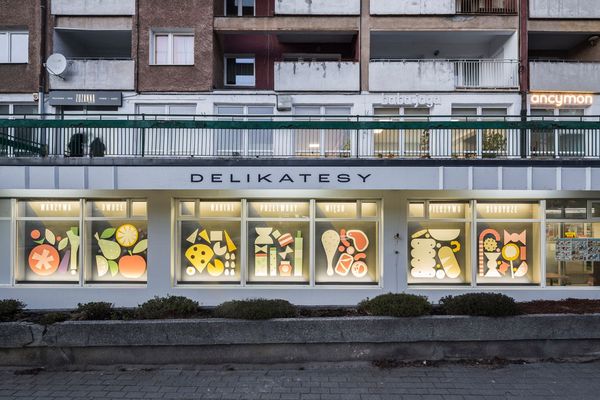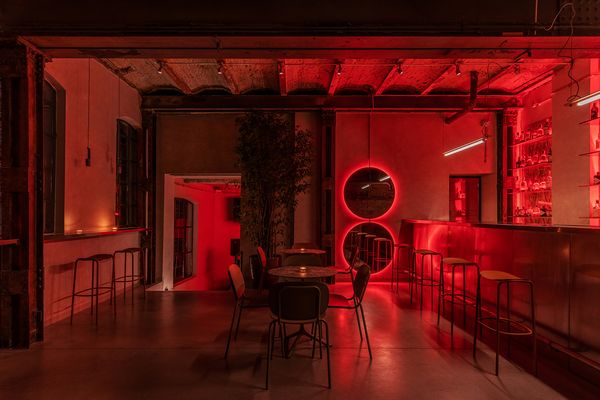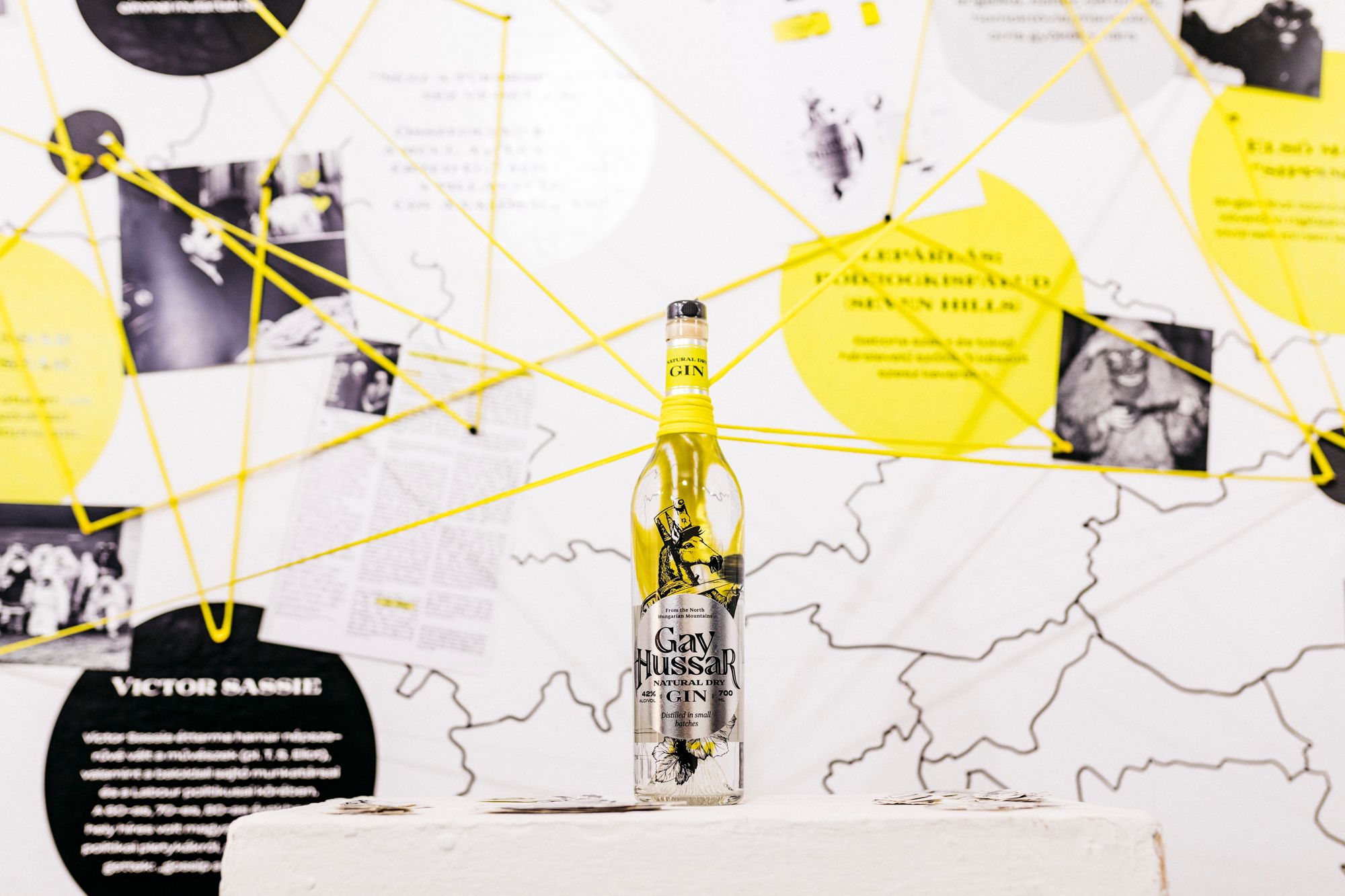The taste of the latest Hungarian gin called Gay Hussar, which has not only won our acclaim, but many international awards, too, is defined by Tokaj Hárslevelű (Lime tree leaf) and laurel. Dive deep into the world of the first Hungarian natural gin.
If I wanted to describe the early 2020s in Hungarian drinking culture, I’d say “It’s gin o’clock.” This English drink is living an unprecedented renaissance in Hungary, and some bars in Budapest have taken gin and tonic to an almost artistic level. In addition to the special gins from all over the world, the Hungarian market also has a lot to offer, as in recent years, many Hungarian gins have occurred, such as the internationally award-winning Opera, the very popular Búzavirág brand, and even some pálinka distilleries, not to mention the Agárdi Distillery. However, we have a new player on the field that is outstanding in every aspect.
Gay Hussar is Hungarian on a very basic level. The distillation process takes place in Bodrogkisfalúd in the Tokaj hills, in the Seven Hills Distillery. The incomparable taste of gin is due to a mixture of wheat malt and Tokaj Hárslevelű grape spirit. Dániel Ihászi, the creator of Gay Hussar, explained to Hype&Hyper that gin is made by boiling it to 96 percent, which is then further diluted and infused with herbs. In the case of Gay Hussar, the gin is mixed with Hárslevelű vodka, which gives the drink a Hungarian character. The grapey finish is with us throughout the tasting, which plays quite a pleasant game with the herbs such as juniper, coriander, angelica, laurel, lemon peel, sea buckthorn, almond, orris root and linden. The amount might seem overwhelming at first, but the depth and texture of linden stand out, merge with the flavors of laurel and citrus, the taste is fluid and the drink is pleasantly spicy. Gay Hussar is the first Hungarian sipping gin, which means it can also be consumed on its own. Tasting the gin from a tulip-shaped pálinka glass, it beats the best spirits consumed on their own. The gin is made using a single-shot technology, a process that uses only water for dilution after distillation, with no other additives or colorings added to the spirit and water mixture. Most of the gins are diluted back from a concentrate with a mixture of alcohol and water, but single-shot is a different method, as it limits the quantity that can be produced, which cannot be sacrificed at the altar of such high quality. Dániel Ihászi also shared with Hype&Hyper his experiments for nearly two years, and that he conducted nearly a hundred brews before he found the soul and essence of Gay Hussar, the perfect recipe. Approximately 3-4 thousand bottles a year are produced, and for Dániel Ihászi, distilling came as a hobby, as he works as a commodities broker who wanted to break out of the stock market—internet—cell phone triangle. It’s fair to say that he succeeded, and the drink is quite exquisite, both on its own and in the form of a cocktail. The Gay Hussar won a bronze medal in distilled gin category in IWSC Spirit 2022 competition and a gold medal in The Spirits Business Spring Tasting 2022 competition, which put it on the international scene.

From London to Budapest, in the footsteps of the Hungarian success
The Gay Hussar is a celebrated Hungarian restaurant located at 2 Greek Street, Soho, central London, England. Founder and owner Victor Sassie served his apprenticeship at the Gundel restaurant in Budapest in 1932, where he was sent by the British Hotel and Restaurant Association when he was 17. He was the apprentice of the world-famous Károly Gundel, returned to Britain in 1939 and opened his restaurant called Budapest in Dean Street in London.
During World War II, Sassie made use of his Hungarian language skills at the secret service, and at the end of the war, he returned to Budapest as a member of a military mission, where he met his future wife, Erzsébet. In 1953, after his demobilization, he opened his legendary Hungarian restaurant called Gay Hussar (gay meaning joyful in the context).
The restaurant became popular with artists, left-wing journalists and Labour party politicians. In the 60s, 70s and 80s, it was famous for its Hungarian dishes and political rumors, often referred to as “gossip and goulash.” Until his retirement in 1988, Victor Sassie ran the restaurant. As of this moment, its tide was going out; it closed down in 2018 but reopened in 2020, under the name and brand of the new owner.
Fun fact: the name can not only be associated with the restaurant, but also with the famous Hungarian composer of operettas, Emmerich (Imre) Kálmán. The years before World War I, Kálmán retired to Kroisbach next to Graz, where he rented a cheap attic room so that he wouldn’t be disturbed, and composed his first operetta called Tatárjárás, which was premiered in London in 1909 under the title “The Gay Hussar.” The work toured the stages of New York, Hamburg, Berlin and Copenhagen, and an American impresario invited Imre Kálmán to go on a concert tour overseas, but the composer was put off by the idea of a long cruise and declined the invitation.

A bit of gin history
Gin is a distilled alcoholic drink made from neutral-tasting spirit, usually wheat malt, that derives its predominant flavor from juniper berry or its extract. Sometimes other herbs are used, but the taste of juniper is always dominant.
Concerning its origin, the drink comes from the Netherlands and Britain, harbors of the 17th century. It has not always been the drink of the rich: junipers and other herbs were mostly added to mask the taste of the low-quality spirit. The flavor of grain spirit or other low-quality alcohol that could be produced in a large amount was suppressed by the herbs, and the drink was consumed by the working class, dockers and sailors.
The story of gin and tonic is not posh at all, either. The old tonics were incredibly bitter due to the high quinine content and were not consumed as a soft drink, but because of a mosquito-borne disease called malaria. However, the taste of bitter tonics was not tolerated by soldiers stationed in tropical colonies, so they mixed them with juniper and spiced gin to make them more tolerable. You could say that they combined the pleasant with the useful—health protection with the pleasures of alcohol.
Gay Hussar | Web page
Photo: Judit Dombóvári | Bottle photo: Géza Talabér

Contemporary and fresh, but not too exclusive—Gdynia’s iconic delicatessen storefront was rethought by Traffic Design

This building in Bucharest was transformed from an abandoned factory to a stylish nightclub!










